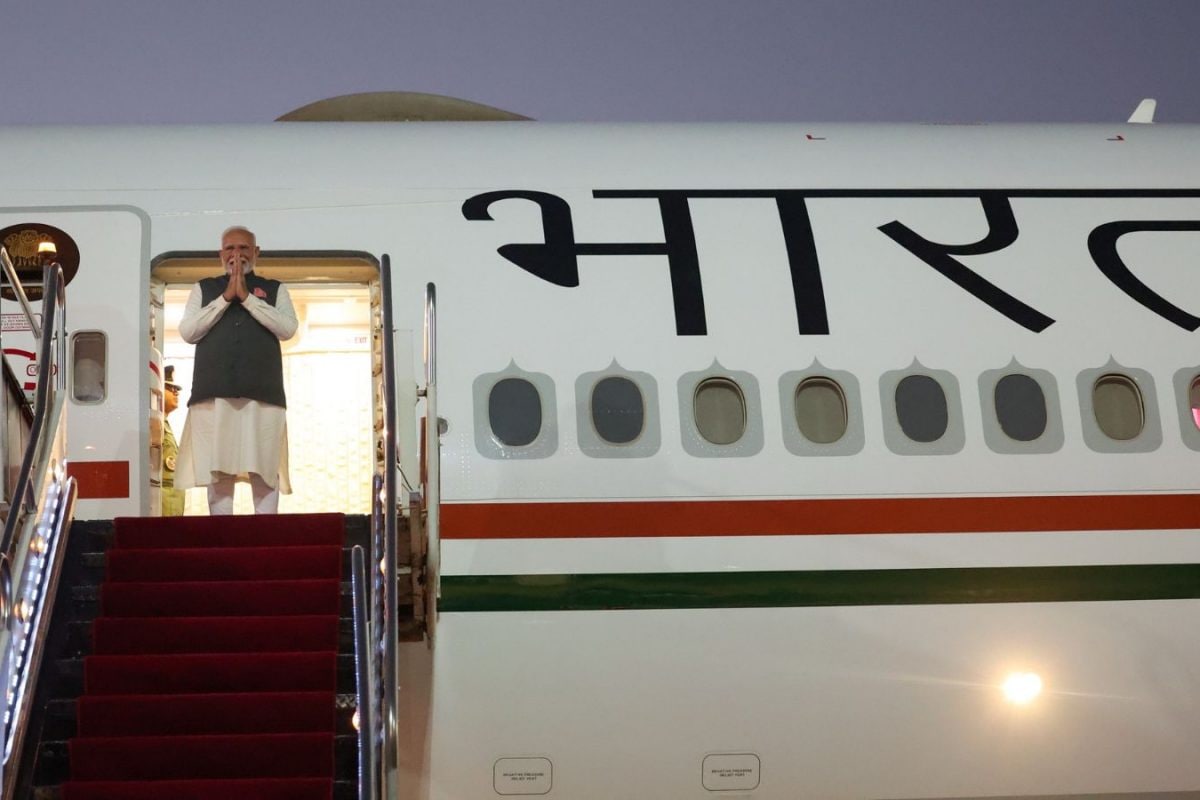

Prime Minister Narendra Modi's visit to Namibia on July 9, 2025, marks a significant step in strengthening the relationship between India and the resource-rich African nation. This is the first visit by an Indian Prime Minister in nearly three decades, underscoring India's growing interest in Namibia's strategic resources and its desire to forge stronger ties with the Global South. The visit is expected to boost cooperation in several key areas, including trade, investment, technology, and defense.
One of the primary reasons for PM Modi's visit is to secure access to Namibia's vast mineral resources. Namibia is rich in diamonds, uranium, lithium, cobalt, and rare earth elements, all of which are crucial for India's growing economy and its ambitious clean energy goals. India is particularly interested in securing a stable supply of uranium to fuel its civilian nuclear program. Namibia is among the top three uranium producers globally, making it a potentially valuable partner for India. Discussions are expected to focus on establishing long-term uranium supply agreements.
In addition to uranium, India is also keen to tap into Namibia's reserves of other critical minerals such as cobalt, lithium, and rare earth elements. These minerals are essential for the production of electric vehicles, battery technology, and electronics manufacturing. With the demand for these materials expected to surge in the coming years, India is looking to diversify its supply chains and reduce its dependence on a few dominant players.
Diamonds are another key area of interest for India. Namibia holds more than 80 million carats of high-quality marine diamond reserves. India is the world's largest center for cutting and polishing diamonds, but much of its supply comes through global trading hubs like Antwerp and London. PM Modi's visit is expected to explore the possibility of direct diamond exports from Namibia to India, which would eliminate intermediaries, reduce costs, and create value at both ends of the chain. Several Indian diamond processing firms already operate in Namibia, indicating the existing commercial ties between the two countries. Direct trade could simplify logistics and sourcing processes for Indian manufacturers.
Beyond minerals and diamonds, PM Modi's visit also aims to strengthen the strategic partnership between India and Namibia. India was an early supporter of Namibia's independence struggle, and the two countries share a warm and cordial relationship. India raised the issue of Namibian independence at the United Nations as early as 1946 and hosted the first overseas office of the South West Africa People's Organisation (SWAPO) in 1986. The visit is expected to further deepen cooperation in areas such as healthcare, education, digital training, and defense. A new Centre of Excellence in IT is being set up in Windhoek to train Namibian youth and civil servants in digital governance and cybersecurity. India is also open to officer-level training, logistics support, and exploring non-lethal technology exchanges in the defense sector.
A key highlight of the visit will be the official rollout of India's Unified Payments Interface (UPI) in Namibia. The Bank of Namibia and NPCI International signed an agreement earlier this year to pilot the system, making Namibia among the first African countries to integrate with India's digital payment infrastructure. The UPI integration aims to boost financial inclusion, enable low-cost transactions, and position India as a technology partner for the Global South.
PM Modi's visit to Namibia is a multifaceted effort to strengthen ties with a strategically important nation. By focusing on minerals, diamonds, and strategic cooperation, India aims to secure its resource needs, boost its economy, and deepen its engagement with the African continent. The visit is expected to open new avenues for Indian investments in Namibia's key sectors and pave the way for a stronger, more resilient partnership between the two countries.